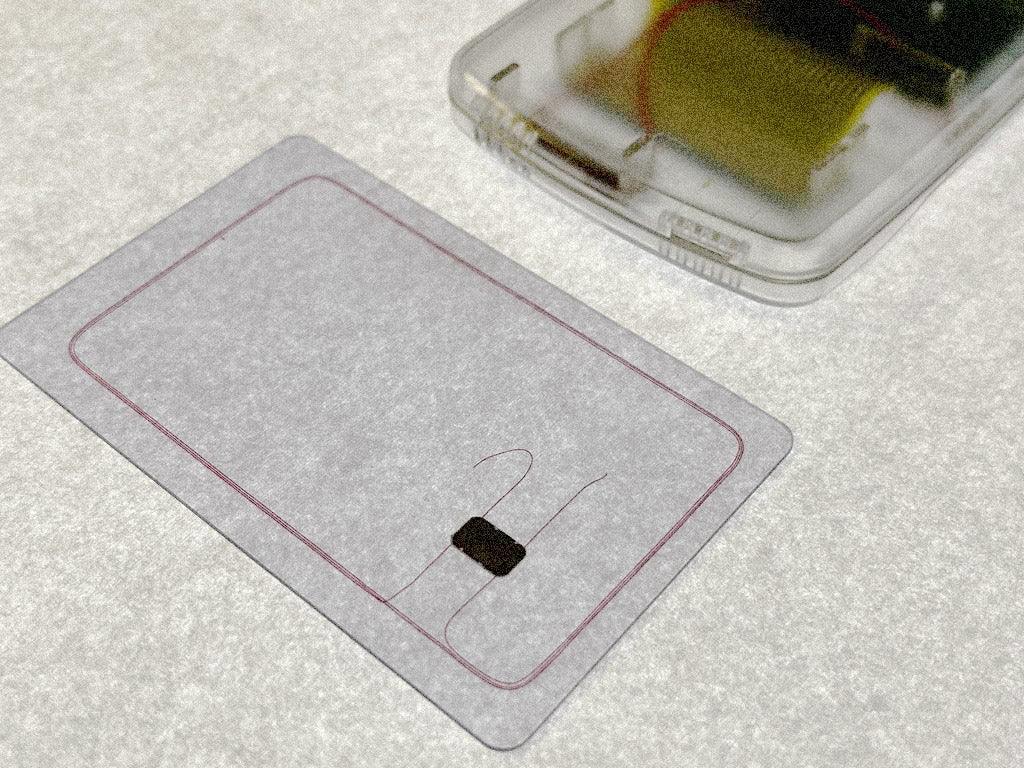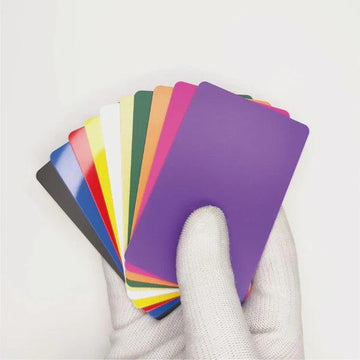How Industries Are Adopting NFC Tags

Contents
Introduction
Near Field Communication (NFC) technology is rapidly being embraced by various industries globally. This surge in adoption, particularly accelerated by the COVID-19 pandemic, has led to innovative applications in sectors like retail, transportation, healthcare, education, agriculture, hospitality, event management, and restaurants. Companies like Union Pay, Adidas, China Mobile, Kraft Heinz, and Japanese Airlines are some notable adopters. NFC's role in creating interactive customer experiences, conveying information, loyalty programs, and contactless transactions highlights its growing significance.

Retail Sector Innovations
Retailers are advancing beyond just contactless payments with NFC. The Kroger Company, for example, utilizes NFC for mobile checkout services and curb side pickups. Other retail applications include integrating point-of-sale data for targeted advertising, sharing product information, offering discounts, and executing marketing campaigns. Kraft and Adidas are notable for their creative NFC-based marketing strategies.
Transportation and NFC
In transportation, NFC has been pivotal for secure and quick mobile payment services. Cities like Turin, Italy, have implemented NFC for public transport fare collection. The technology also facilitates personalized advertising within the transportation sector.
NFC in Healthcare
Healthcare benefits from NFC through enhanced patient care and efficient information management. Applications range from accessing cloud-stored medical records to self-adhesive patches for temperature checks. NFC's SOS features on smartphones further aid in emergency situations.
Educational Sector Adaptation
Universities in the U.S. are adopting NFC for smartphone-based payments both on and off campus. Potential applications are being explored, including NFC tags for attendance monitoring, especially in large classes.
Agriculture Sector Use
NFC tags are gaining traction in agriculture for monitoring crop growth and ensuring product authenticity. In Vietnam, NFC tracking aids banana growers, while Sicilian farmers use it to verify the quality of their oranges. NFC-enabled debit cards are also provided to farmers in Bangladesh.
Hospitality Industry Applications
The hospitality industry, particularly hotels, leverages NFC technology for improved guest services and safety measures. NFC tags and wearables help housekeepers manage cleaning schedules and guest requests. The technology also streamlines cashless payments and provides easy access to room keys and Wi-Fi.
Event Management with NFC
Event organizers are now employing NFC for more efficient access control and payment verification. Venues like Suncorp Stadium have introduced NFC ticketing, preferred by a majority of mobile ticket holders.
NFC in Restaurants
Restaurants use NFC to enhance customer service by reducing wait times for ordering and payment. Examples include Chick-Fil-A's NFC solution for table orders and Atlanta restaurants allowing customers to tap their phones for menu access and payment.
Conclusion
The adoption of NFC technology across multiple industries is transforming service delivery and customer convenience. Businesses looking to integrate NFC in their operations should consider partnering with reputable suppliers like NFC Tagify for customized NFC products, including tags, stickers, chips, and business cards.
and tags to improve their services and make things more convenient for customers. It is safe to say that more businesses and other industries will likely continue adopting the technology as other competitive companies in their respective sectors have already adopted the technology. Business owners who want to use NFC tags for their operations should look for a reputable NFC product supplier like NFC Tagify. Contact us today to get your custom NFC tags, stickers, chips, and customised digital business cards today.








